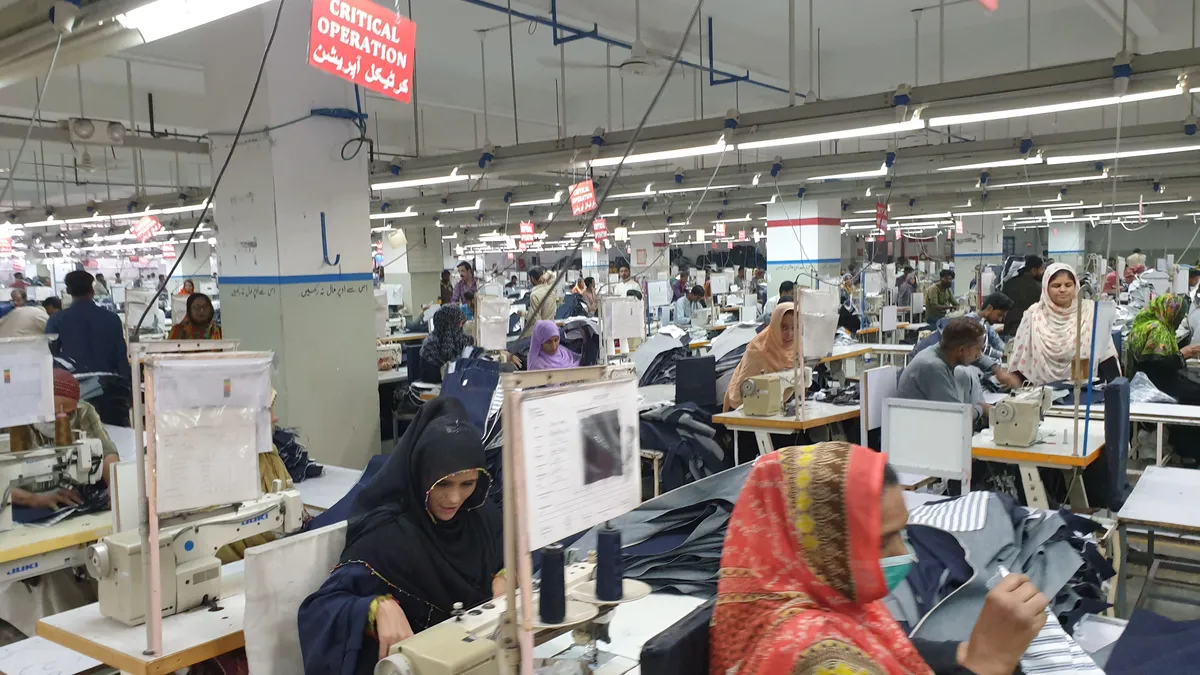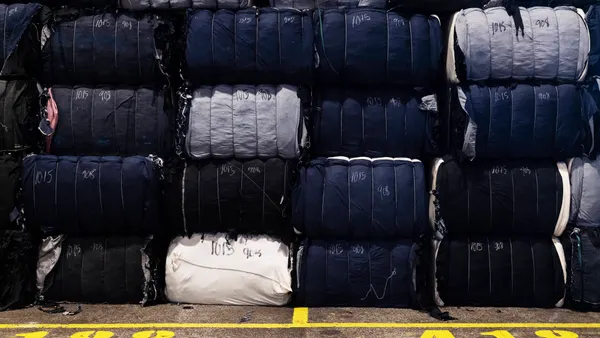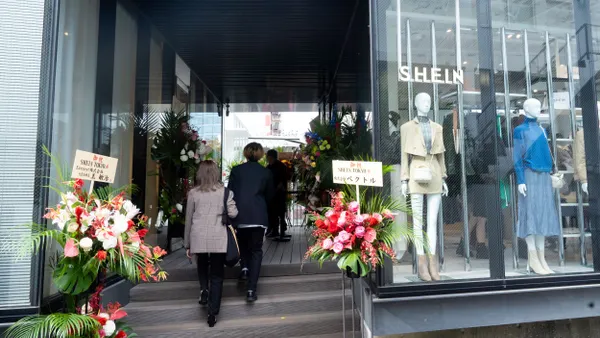Gap signed the Pakistan Accord this week, according to a LinkedIn statement Thursday by the International Accord.
That makes the California-based retail giant the 65th signatory to the legally binding agreement, which is designed to guarantee supply chain worker safety. Other fashion companies that added their names to the agreement include American Eagle and Aerie’s parent company AEO Inc., Fast Retailing, Inditex, H&M, Hugo Boss, G-Star, Puma and PVH Corp.
The Pakistan Accord, established earlier this year, is a country-specific expansion of the larger 2021 International Accord. Both cover manufacturing overall, and are not specific to the fashion industry. While both agreements are designed to promote worker safety, the Pakistan Accord introduced a broader scope than some of its other country-specific counterparts. For example, its language covers fabric mills in addition to other factories, and its health and safety criteria go beyond building and fire regulations to include sexual harassment, gender-based violence and harassment, and excessive working hours.
Companies that sign on the Pakistan Accord agree to disclose information regarding the factories they use in any country with an International Accord program. They must also ensure that these factories participate in inspections, remediation and safety training programs, and they must support these factories to ensure that remediation is financially feasible. They must also contribute to the operational costs of larger International Accord programs.
In the 10 years since the collapse of Rana Plaza in Bangladesh, which killed more than 1,100 people, activists and compliance organizations in multiple countries within the apparel manufacturing industry supply chain have worked to improve labor conditions for factory workers. Agreements such as the International Accord, the Pakistan Accord and the Bangladesh Accord seek to aid in these efforts.
Last month, labor unions and garment workers in Bangladesh called for an increase to the minimum wage ahead of an announcement by the Bangladesh government about wage increases, which is expected to come by the end of the year.
The Clean Clothes Campaign estimates there are approximately 2.2 million garment workers in Pakistan, while Business for Social Responsibility estimates Bangladesh is home to approximately 4 million garment workers, more than 58% of whom are women. Overall, Global Living Wage Coalition estimates that nearly 1% of the world’s population, or 75 million people, work in the garment industry worldwide, and many “often work 10-16 hour days, six days a week, for poverty-level wages.”











